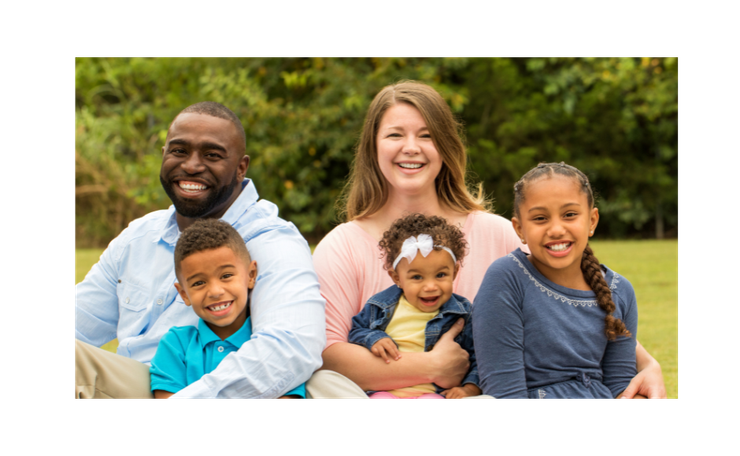The Families in Mind project, which covers Worthing, Littlehampton, Adur and Bognor, aims to improve the mental health and well-being of parents and carers who are expecting a child, once their child is born and until their child or children reach school age. The service helps parents of children aged 0-5 with issues, such as postnatal depression, postpartum anxiety and other mental health problems, and supports those who may be struggling to cope with family life.
In 2020-21, it supported 149 parents with 617 one-to-one sessions and ran 186 group activities, and helped parents and carers understand and manage their own mental health and well-being better, feel less isolated and develop support networks.
Unlike most mental health services that are only aimed at parents, Families in Mind includes provision for children, which means that parents can bring their children to most sessions, develop bonds for themselves and their children, and don’t need to pre-arrange childcare, which can be a barrier to accessing support.
Emma sought support with Families in Mind when her anxiety became debilitating after having her first child and she felt very isolated. “I finally went along to a Families in Mind group and was introduced to other mums and dads who have experienced the same anxiety and loneliness that I felt. Asking for support has helped me meet other people in comfortable, safe surroundings, where I can talk to other parents and feel more at ease and not judged... Without Families in Mind, I honestly do not know where I would be right now as a new mum.”
Kim Anthony, Children, Young People and Families Service Manager at West Sussex Mind, said: “We are delighted that the National Lottery funding will enable us to continue this vital service. With backing for the project for another three years, we will be able to expand our network of volunteers to provide peer support, attract more dads to the service and work more closely with other organisations, such as housing associations.”
